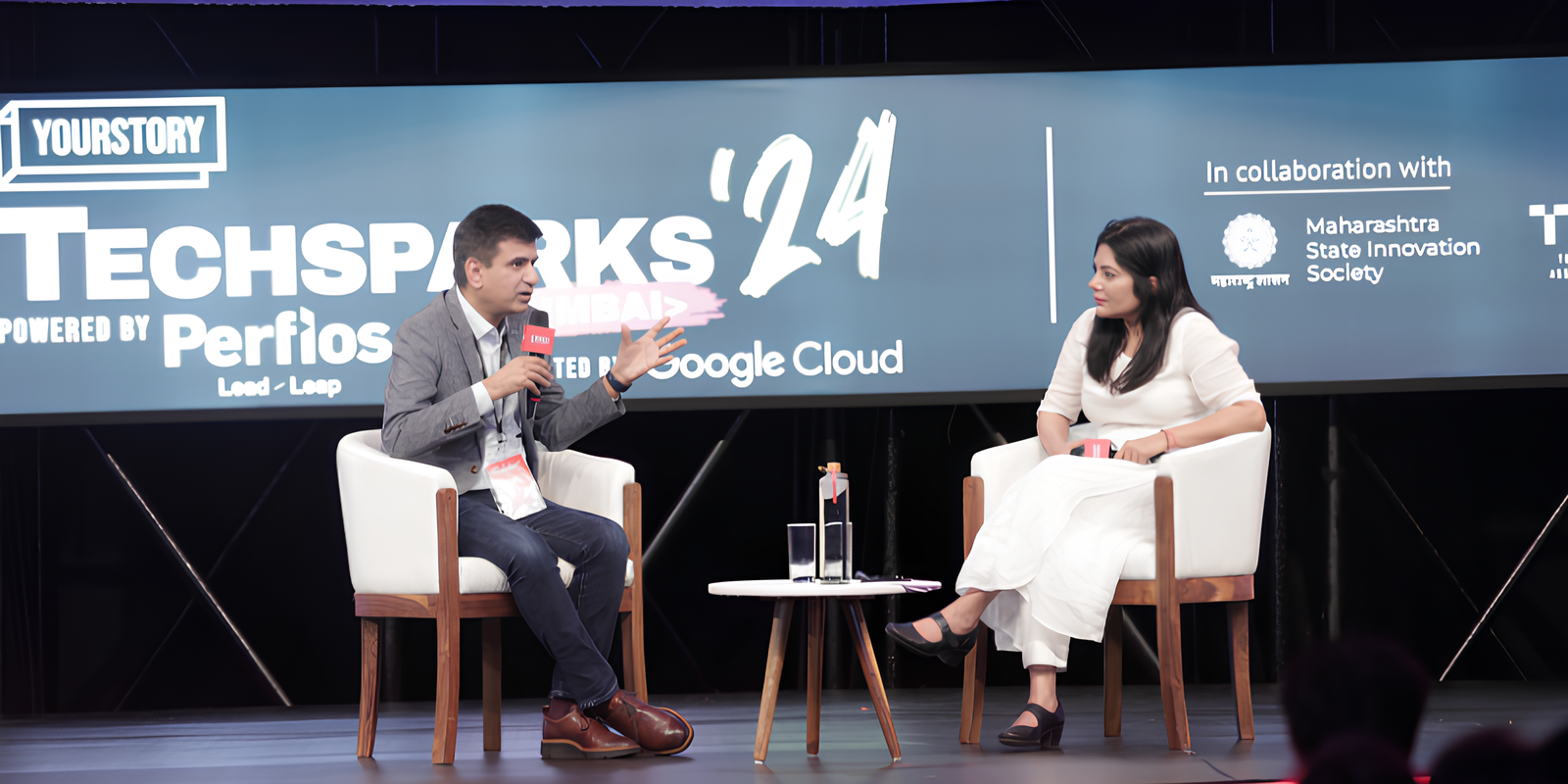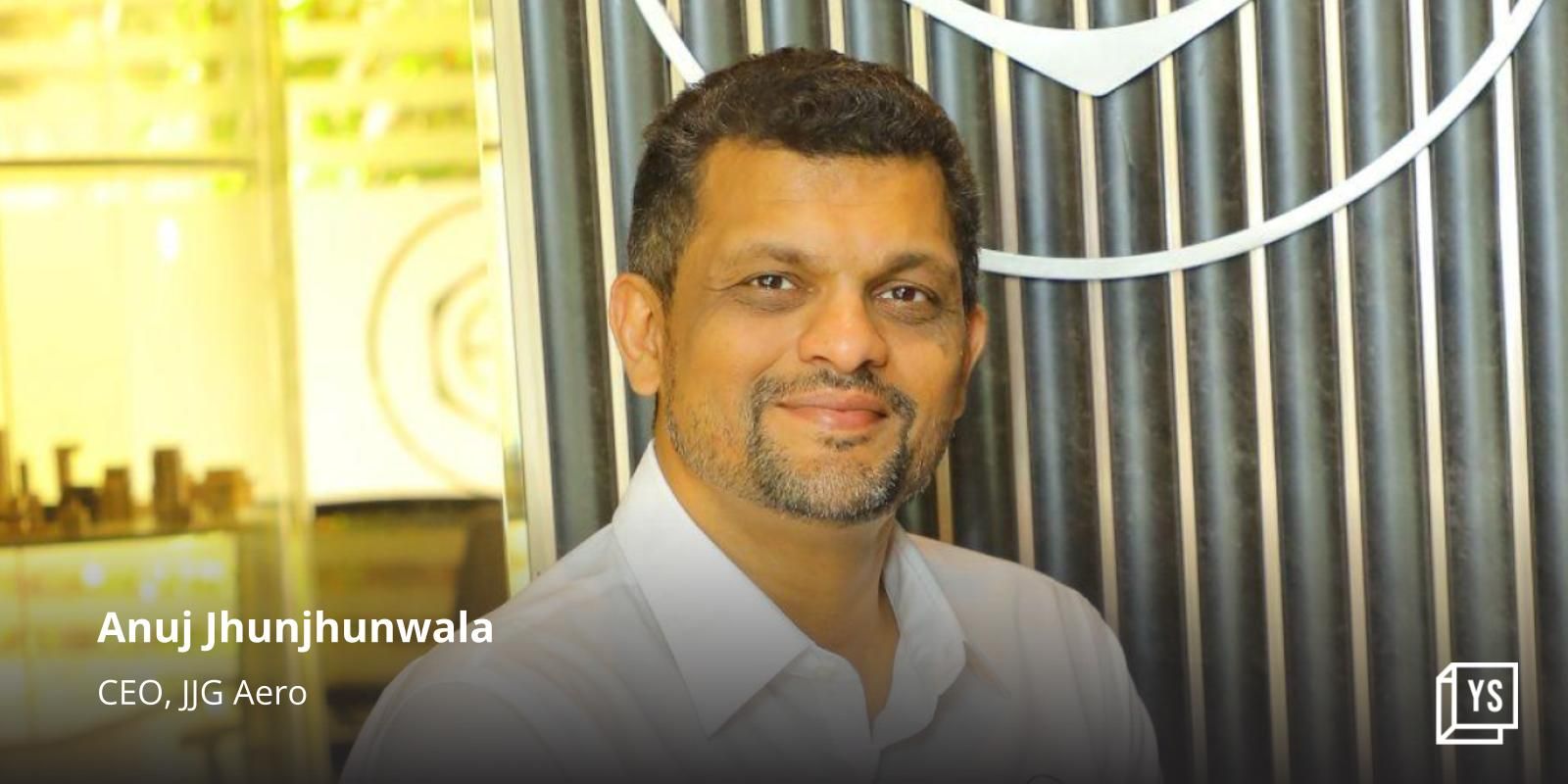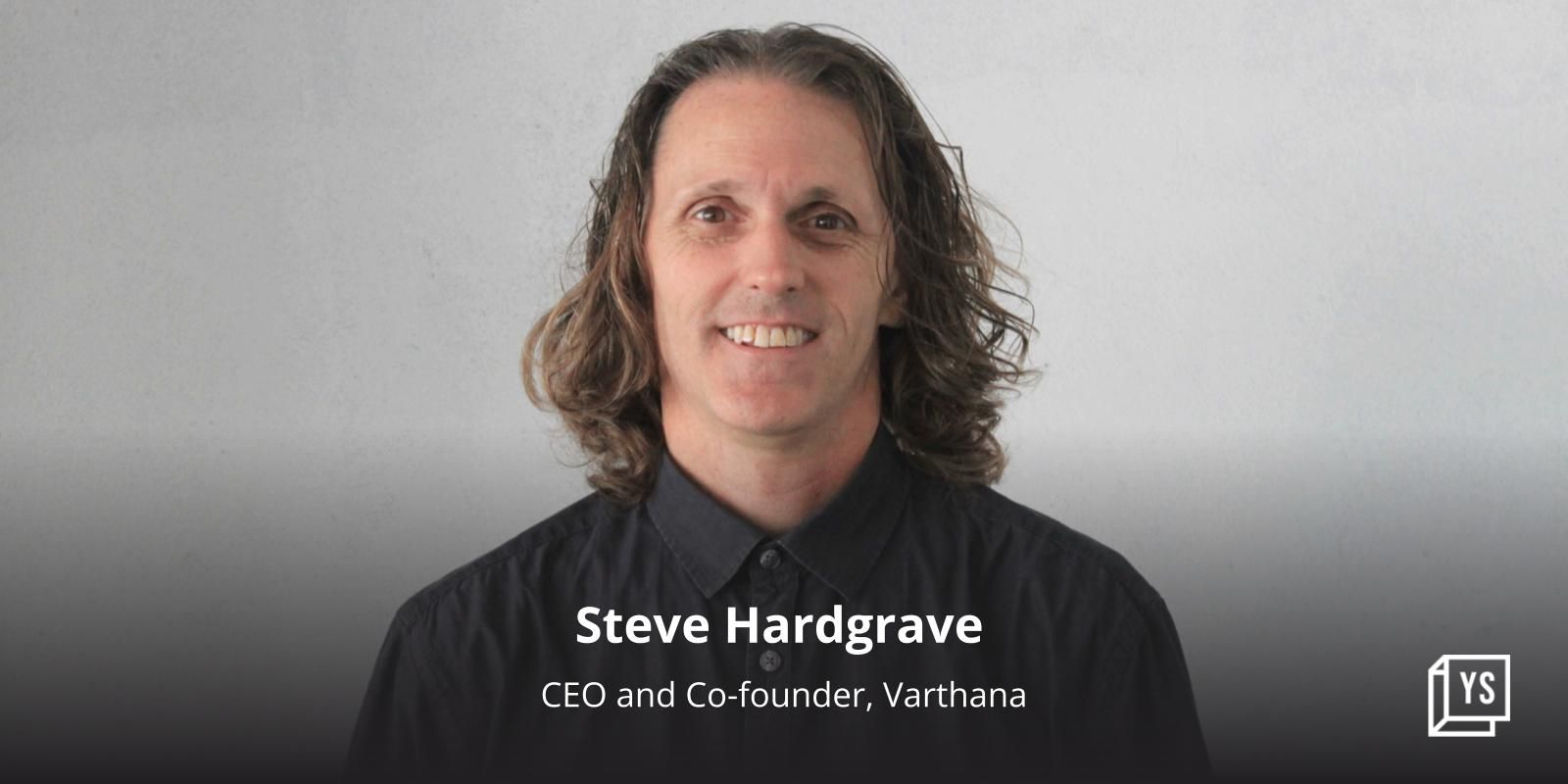[Startup Bharat] In rural Odisha, this ex-World Bank consultant is educating 2,800 children with the help of over 100 local women
ThinkZone is a Cuttack-based startup providing low-cost education to underprivileged children in rural Odisha. It has raised $208,000 in funding and is looking to train over 10,000 children by 2020.
When Binayak Acharya visited his hometown Cuttack towards the end of 2014, he realised that a good education could solve a lot of the problems in the region. Binayak spoke to a few youngsters in the region, especially from the districts of Malkangiri and Rayagada. The lack of a formative education in the area got the then World Bank Global Education Practice consultant thinking.
Digging deeper, he realised that many of the younger children lacked a conducive learning environment both at home and the government-sponsored Anganwadis. He also found that the absence of a preschool education led children to soon lose interest in school, and in many cases, even drop out.
“Continuing with a plush corporate job would have been ideal but taking a life-changing decision to work in areas affected by left-wing extremism on several pro-people initiatives gave me a wider perspective on the true meaning of sustainable development,” says Binayak.
And so, Binayak founded ThinkZone in Cuttack in 2015 as a startup providing low-cost education to underprivileged children in low-income communities. ThinkZone also employs local women as teachers. Explains Binayak,
“The idea is to change lives and that is possible by providing the women some form of employment and training and proper learning environment for children.”

A ThinkZone class
How does ThinkZone work?
The startup uses a ‘school-in-a-box’ model that contains a set of age- and study-level appropriate, curriculum-based items that help engage students in the classroom. These include maps, charts and activity blocks for students and a tablet that is pre-loaded with guided lesson plans and day-wise material for teachers. Classes are held for around three hours a day, six days a week.
The initial cost of setting up was Rs 14,000 per box. The teaching process is a mix of activity-based learning, which in turn is based on the resources provided, including visual resources available on the app. Creating a ‘school-in-a-box’ model ensures that the entire process is asset-light and readily implementable even in inaccessible areas.
ThinkZone has different programmes help children develop age-appropriate skills and a strong foundation in basic competencies that help them to perform well in their academic careers. Binayak explains, "We follow the ‘Teaching at the Right Level’ (TaRL) - a pedagogical approach that involves evaluating children using a simple assessment tool and grouping them according to their learning level rather than age or grade.” He adds,
“The rural hinterlands in developing countries still lack reliable internet access. Our operational model includes the offline systems and aids that help instructors to implement a quality and effective education programme."
Binayak claims that the operational cost per child is less than one dollar a month (about Rs 70), which allows ThinkZone to reach out to more families on a limited budget. “Also, our SMS-based platform helps us connect with low-income families who don’t own a smartphone,” he says.
Creating micro-entrepreneurs
ThinkZone identifies and trains young women with potential as teachers who can create a positive societal change in their respective communities, thereby extending the social impact well beyond the schools itself.
“Our intensive training, apart from covering the curriculum and using the resources present on the mobile devices, will also cover modules on small business management including financial literacy, marketing and operations management,” says the 31-year-old founder.

A ThinkZone teacher with her students in Odisha.
The teachers are also trained on the nuances of capturing data on the tablet, digital skills, entrepreneurship skills, life skills, and effective communication techniques. “We have built a system of incentivising and rewarding the mentors based on their performance and adherence to our standards, including financial compensation, awards, recognition and community status,” Binayak explains.
Using the app requires limited knowledge of technology, which make it easier for women who come from a limited education background and have little exposure to latest technology.
He adds, “We have a pre-service training programme for one week, along with a one-day monthly in-service training programme. Teachers also have to complete initial training through our mobile application along with monthly refresher modules also through our app. Apart from the in-person and virtual training, we provide them with one year of handholding and mentoring support through our cluster managers (field associates/staff).”
Partnerships and funding
The ThinkZone team comprises seven people and 11 field associates, all of whom are women. In 2018, the company raised $105,000 from BPCL (Ankur Startup Scheme), UnLtd India, D-Prize (US Distribution Inc), INVENT (Department of Science and Technology – Government of India, DFID, UK, and Villgro) and Startup Odisha (Department of MSME, Government of Odisha).
Recently, it also raised a Pre-series A round of $104,000 from impact investor Gray Matters Capital's edLABS initiative. The funding will be used towards automating teacher training, refining course curriculum and improving performance monitoring by integrating analytics with technology, and forging partnerships to help it scale.
ThinkZone has also partnered with Learning Equality for their Kolibiri Hardware Grants Programme (funded by Google.org), which will allow the company to upskill teachers in building facilitation skills and helping students learn at their own pace.
Till date, ThinkZone has trained at least 100 women to become teachers and micro entrepreneurs and has reached over 375 villages in Odisha, training more than 2,800 children.
The team generates revenue from the fees they receive through the B2C model and from the B2B model through organisational partnerships.
The programme fees range between Rs 1,200 and Rs 1,800 per student per year. The primary customers are low-income families of rural India, while the B2B partners are government-run primary schools, Anganwadis and affordable private schools.
The market, revenue and ThinkZone’s future plans
According to IBEF, the Indian education sector was estimated at $91.7 billion in 2018 and is expected to reach $101.1 billion this year. Edtech players in the market like BYJU's, Khan Academy, Notesgen, ConceptOwl, and AlmaMapper are combining aspects of traditional offline and online learning.
However, there is a growing focus on bringing quality education to rural India with startups like Bengaluru-based TareZaamenPar and International Public School for Rural Innovation (IPSFRI) in Baral, Odisha, focussed on bringing quality education to Tier II, Tier III and Tier IV India.
The ThinkZone team claims to have clocked an annual revenue of Rs 22.23 lakh in the last financial year and are looking to close FY 2019 with annual revenue of around Rs 85 lakh.
The company is looking into expanding its work to the most backward districts of Odisha and hopes to directly impact the learning outcomes of 10,000 children and create jobs for 300 women in rural Odisha by 2020.
It also plans to partner with select public sector organisations and MNCs to implement its early-grade learning enhancement programmes and its teacher-training programmes.
“ThinkZone will scale this expansion through greater decentralisation. Automating our teacher training system, upgrading our curriculum, improving performance monitoring along with integrating analytics with technology will help us scale. This will help us in our objective of scaling our programme to two million children in India over the next five years,” says Binayak.






![[Startup Bharat] In rural Odisha, this ex-World Bank consultant is educating 2,800 children with the help of over 100 local women](https://images.yourstory.com/cs/2/a9efa9c0-2dd9-11e9-adc5-2d913c55075e/learning-fun21551797511291.png?mode=crop&crop=faces&ar=2:1?width=3840&q=75)




